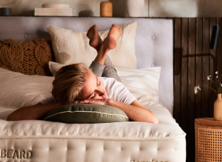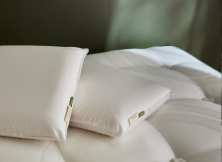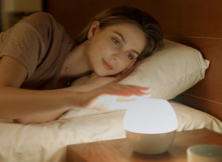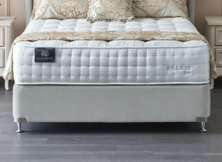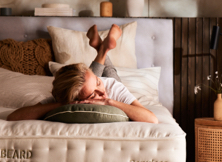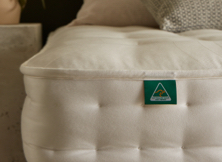It shouldn’t come as a surprise that your sleep quality is closely related to your productivity. When we’re sleep deprived, we find it harder to concentrate, our reaction times slow down, and our memory becomes impaired. While this certainly isn’t a recipe for a productive day, it might just be the tip of the iceberg for how sleep can impact our work. Here are five more reasons to make sure you’re getting enough shut-eye.
1. Sleep influences creativity and innovation

Lack of sleep affects the prefrontal cortex of the brain – the area responsible for innovation, creativity, and self-control. A 1999 study found that going 24 hours without sleep noticeably impairs our ability to think flexibly or make updates to plans in light of new information. So we not only get through less tasks when we’re sleep deprived, the quality of the work we do produce suffers too.
2. Sleep deprivation and stress go hand in hand

“In the sleep world, stress is to sleep as yin is to yang — opposite forces that are forever linked,” says Chris Winter, M.D. “Stress prevents sleep. Sleep deprivation increases stress and its consequences.”
3. We need to switch off

As our cities and societies become increasingly active 24 / 7, our working hours follow suit. Not to mention, these days we quite literally carry our work around in our pockets. While our smartphones make our lives more convenient in many ways, they come with the cost of never really switching off – and it’s becoming more prevalent. Our studies through the Six Week Sleep Challenge tell us that almost 50% of Australians between 20 to 30 cannot go one week without using their smartphone in bed. Which could have something to do with the fact that trouble getting to sleep is more common amongst our under 30s than those over 30.
4. Naps are good
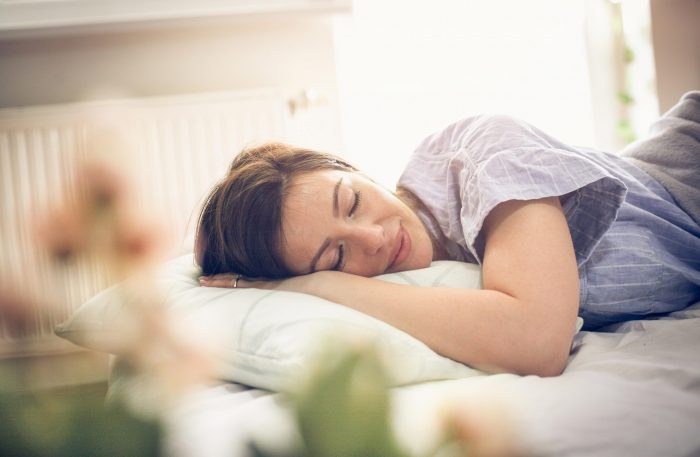
No, this is not a drill. Several studies (including one from NASA and one from Harvard) have found that just a 20 to 30 minute nap increases our alertness and our productivity. The trick is to time your nap right. Not too short, because you need enough to feel a difference. Not too long because you don’t want to fall into a deep sleep that could mean you wake up feeling groggy. ‘Just right’ means about 20 to 30 minutes in the early afternoon or straight after lunch.
5. Your wellness program should include sleep

According to a survey from Fidelity Investments and the National Business Group, nearly 90% of companies offer wellness incentives for employees. This is great, however there seems to be a blind eye turned to the stress and sleep aspects of health, with much of the emphasis placed on diet and exercise. Only 6% of offices actively encourage sleep as part of a healthy life. Recognising sleep as part of our overall wellbeing is crucial to feeling healthy, happy, and productive – at work and in daily life.







